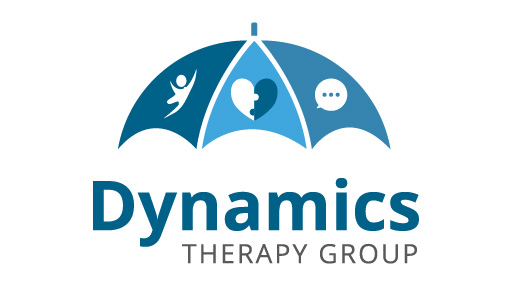
There are many reasons you may experience speech, language or communication difficulties as an adult. Coming to Speech and Language Therapy could help you with these difficulties.
Have you experienced or are you experiencing any of the following?
- A weakness in the muscles in your face, mouth or throat, causing your speech to sound slurry or slushy?
- Repeating words or stuttering?
- Have you experienced losing your voice, or feel your voice can sound husky or hoarse?
- A stroke, traumatic brain injury or other medical condition which affects your ability to have and participate in conversations?
- Have you been diagnosed with any of the following: Motor Neuron Disease, Parkinson’s, Dementia, Head & Neck Cancer or Right Hemisphere damage?
- Difficulties eating, drinking or swallowing?
If you identify with any of the above or have any other concerns regarding speech, language, communication or swallowing, then we recommend you book an appointment with a Speech and Language Therapist.
Alternatively, you may be looking to follow up on information that was discussed in an appointment or further information to help guide you in taking the next step in your own healthcare. Our Speech and Language Therapists at Dynamic can assist you with understanding your diagnosis and provide you with evidence-based management strategies to address your concerns.
What is Speech and Language Therapy?
A Speech Language Therapist is an Allied Health Professional, educated in both communication development and communication disorders. Speech and Language Therapy is a regulated profession. This means only Speech and Language Therapists who are registered with the Allied Health Professionals Council (AHCP) can practice Speech and Language Therapy in Singapore. This helps to ensure a high quality of services. All Speech and Language Therapists at Dynamics are registered with AHPC.
A Speech and Language Therapist is trained to work with clients across the lifespan and can help you in one or more of the following areas (adapted from American Speech-Language-Hearing Association, 2021):
| Speech Disorders | Apraxia Apraxia is a motor speech disorder affecting the way you move your lips and tongue to say sounds correctly. Dysarthria Dysarthria is a speech disorder primarily caused by muscle weakness of the speech muscles, making it hard for you to talk or be understood. Stuttering Voice Voice disorders include laryngitis, vocal cord paralysis, spasmodic dysphonia. Teachers, call center workers, lawyers and anyone who uses their voice professionally are most prone to developing a voice disorder. |
| Language Disorders | Aphasia Aphasia is a language disorder that typically occurs suddenly after stroke or a head injury. It can impact on your ability to speak, write and understand language. |
| Medical Conditions | Dementia Laryngeal Cancer Oral Cancer Right Hemisphere Brain Injury Traumatic Brain Injury |
| Other Communication Options | Augmentative and Alternative Communication (AAC) Speech for People with Tracheostomies or Ventilators |
At Dynamics, we believe in a collaborative approach to help individuals overcome communication barriers. Our Speech and Language Therapists work closely with the most important people around you who help you most. This could be family members, friends, educational professionals, or other healthcare professionals including occupational therapists, psychologists, medical doctors and audiologists.
What is included in an assessment?
Dynamics provides a flexible approach to assessments by using a mix of formal (standardized and norm-referenced) and informal assessments to gain an accurate picture of your communication needs, which is then used to plan effective therapy.
You may request and optional formal assessment report from the therapist. The report is at extra cost and will be provided within 2 weeks of the assessment date.
Results of the assessment will be used to set goals collaboratively with you so that you can achieve the outcomes you are looking for. Therapy activities can be carried out within sessions and can also be carried out at home. Telehealth sessions are also available upon request.
Examples of exercises and activities in Speech Therapy:
- Problem solving, memory, and organization, and other activities geared at improving cognitive communication.
- Conversation tactics and individualized strategies to improve social communication.
- Enhancing spoken and written language for those recovering from a stroke or other traumatic brain injuries.
- Exercises to strengthen oral muscles to promote clear speech.
- Breathing exercises for increasing breath support, resonance and quality of voice.
- Strategies and maneuvers for safe swallowing and managing dysphagia (swallowing impairment).
Author: M Dharshini, Speech Therapist




